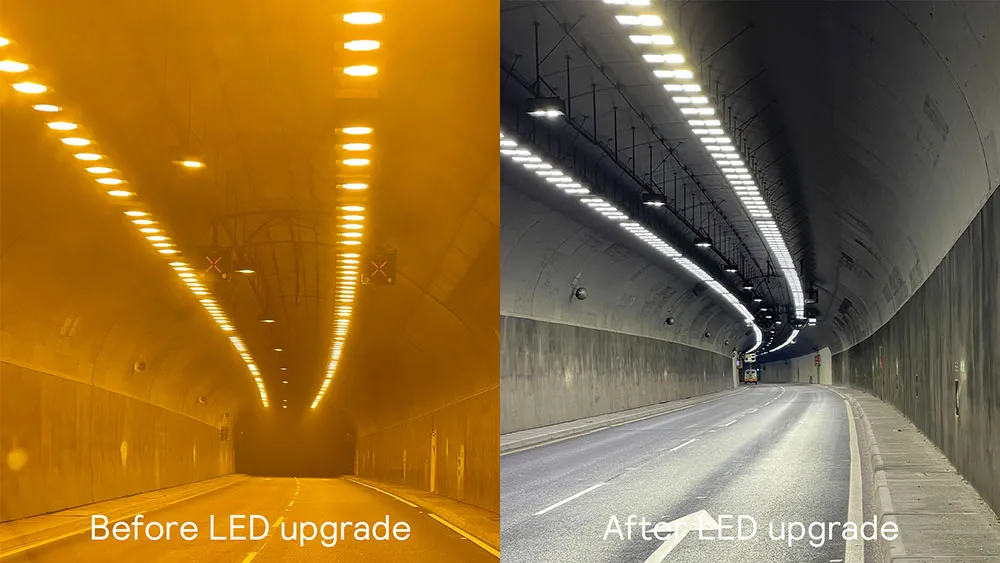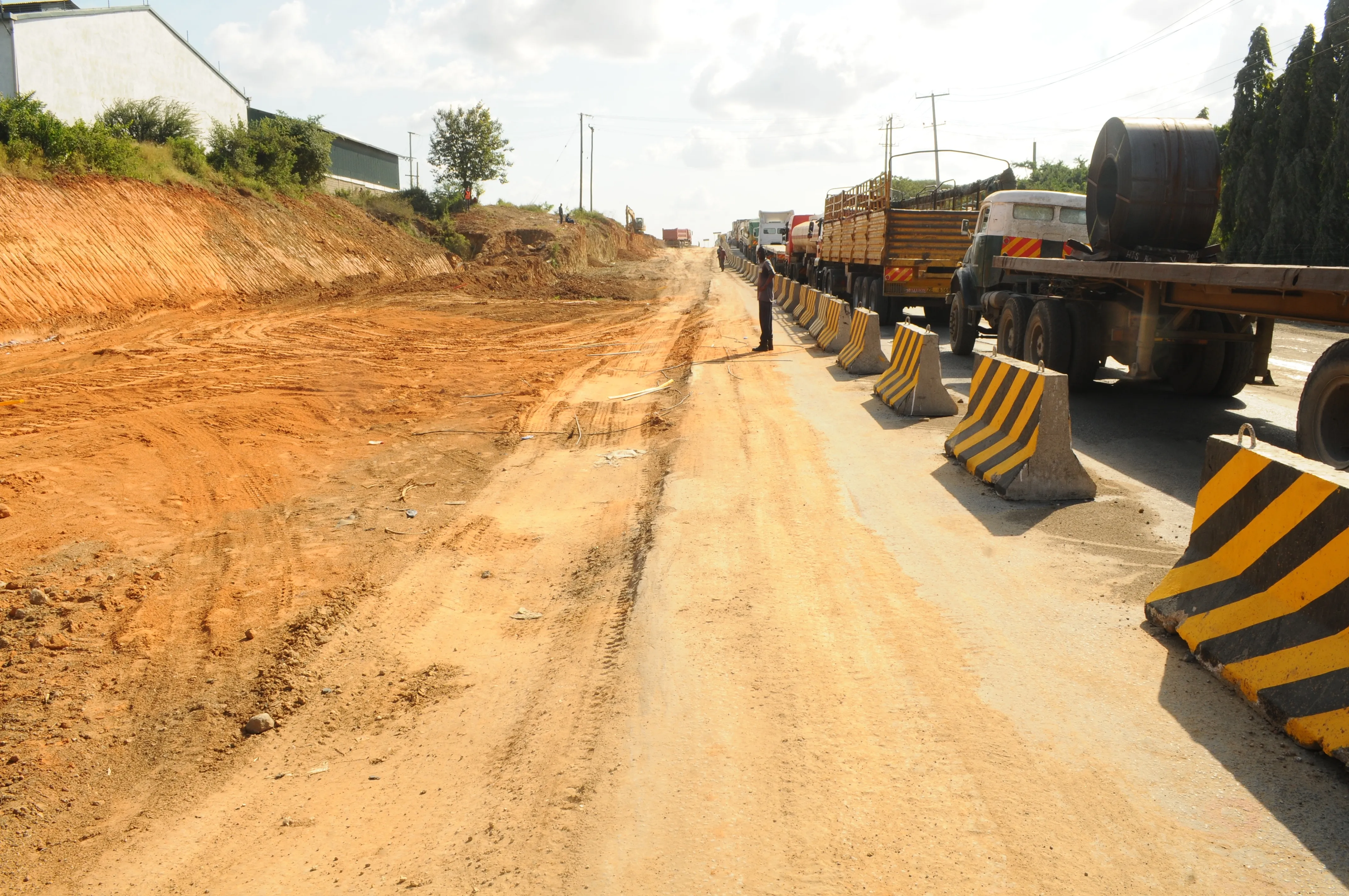
Since the end of 2006, Dublin Port Tunnel has provided a link to the wider motorway network between Dublin Port and the M50 motorway, routing heavy goods transport quickly, quietly and safely away from city and residential areas. Contractors replaced the existing Philips WRTL SON-T lighting – installed 17 years ago - with LED lights which dramatically reduced the energy needed to keep the lights on. Installers made use of the existing high-quality housings which were all retested and CE marked to current standards.
Philips METIS 2816 LED insert trays were fitted. As the new lights were made to perfectly fit the existing fittings, installation could be completed with minimal disruption to road users. Installers worked during late night and early morning hours over five weeks. Each lantern took just five minutes to strip out and replace. Reusing materials also kept the project’s capital expense to a minimum, saving an estimated €3 million compared to a new installation.
Signify says that the upgrade has achieved up to 60% reduction in electricity use, based on 2022 rates - the equivalent of the electricity consumed by up to 300 Irish households. Over the coming five years, the project is expected to save upwards of €4 million in electricity costs. The project is part of the Irish government’s energy efficiency plans and was partially funded through the European Green Deal. Tunnel maintenance operator ERTO was instructed by Transport Infrastructure Ireland to find a solution that would reduce energy costs and improve the quality of light in the tunnel. Signify says that its LED retrofit solution was selected for its ease of replacement and impressive cost savings, which are especially significant in the context of the current energy crisis.
“The replacement of the original SON lamps with LED inserts is a huge step towards reducing the carbon emissions, energy consumption and future maintenance of the Dublin Port Tunnel,” said Patrick O’Hanlon, senior engineer at Transport Infrastructure Ireland.
“With public lighting accounting for 24% of Dublin Council’s energy expenditure, energy efficiency projects like this one can make an enormous positive impact,” said Dermot Deely, managing director at Signify Ireland. “Through a relatively simple upgrade, we’ve been able to improve light quality, cost, maintenance, and sustainability for Dublin Port Tunnel. We are particularly proud to have supported these environmental goals while giving a second life to many of the materials that were already in place.”








